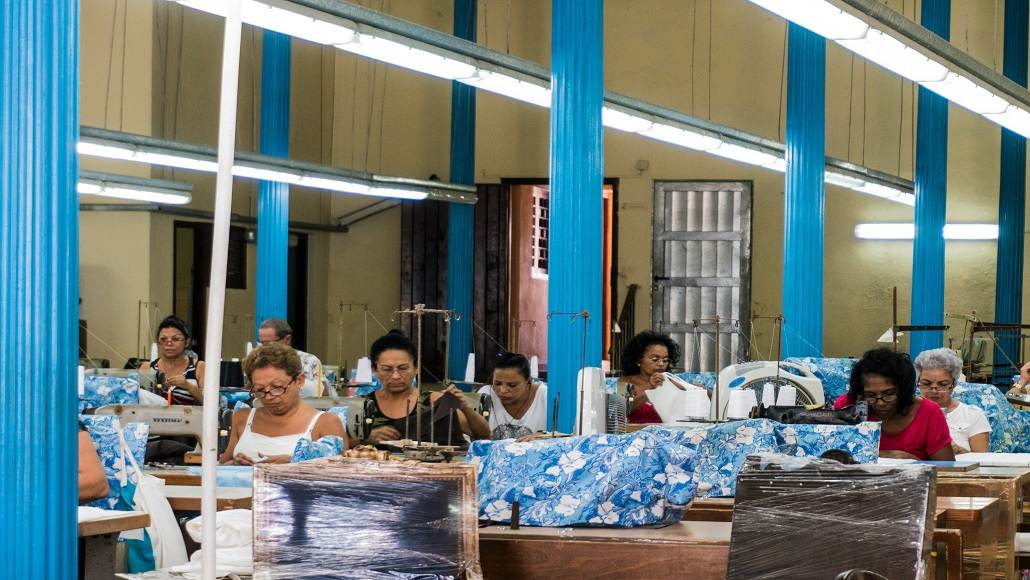The African textile industry is looking to leverage the African Continental Free Trade Area (AFCFTA) to enhance its growth prospects. Stakeholders are emphasizing the need for value addition within the sector to fully capitalize on this trade agreement.
During a recent discussion, industry experts highlighted the potential of AFCFTA to invigorate the textile and apparel market across the continent. With its implementation, the agreement aims to eliminate tariffs on a significant number of goods, thereby facilitating easier trade among African nations.
However, participants cautioned that simply increasing trade volume is not enough. There are pressing calls for the industry to focus on value addition, which involves transforming raw materials into finished products. This shift is essential not only for boosting local industries and creating jobs but also for enhancing Africa’s competitive edge in the global market.
The textile and garment sector in Africa has the potential to bring about economic growth and employment opportunities, but stakeholders stress that investments in technology, skills development, and infrastructure are crucial for achieving these aims. By adopting value addition strategies, the African textile sector can increase its contribution to intra-African trade and improve the overall economic landscape.
As discussions around AFCFTA continue, the need for a collaborative approach among governments, businesses, and trade organizations is emphasized to ensure the textile industry’s growth and sustainability in the coming years.

































